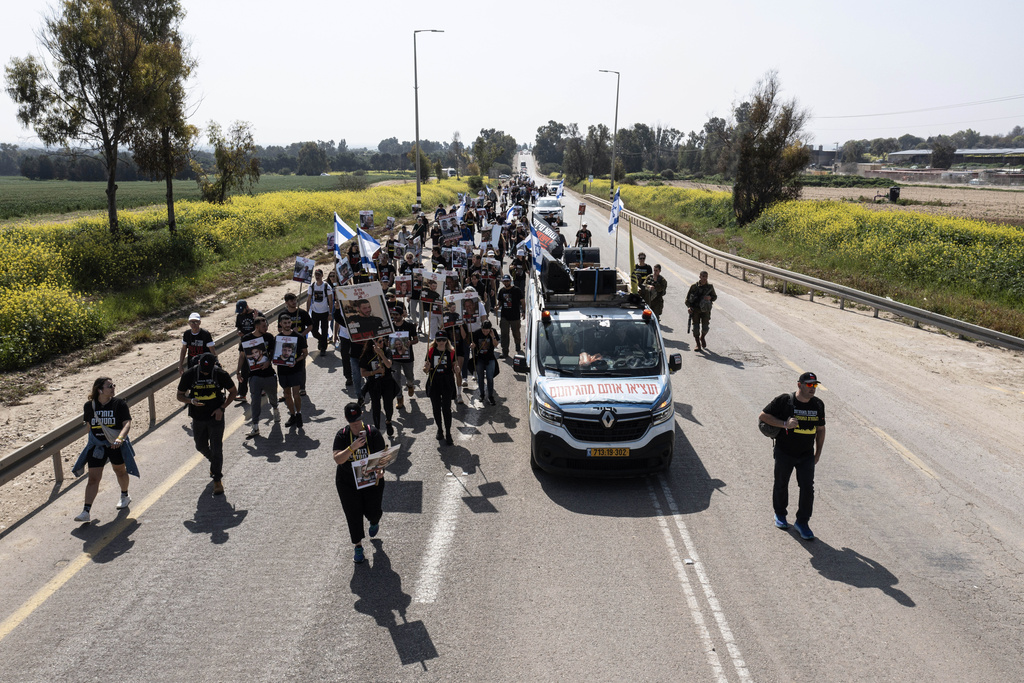A Hamas political leader said the group is open to international efforts to secure a ceasefire agreement, though they are also willing to continue fighting against Israeli forces.
Various international leaders involved in the negotiations have expressed optimism that a ceasefire could be agreed upon within the next week, though others, Hamas included, have shown skepticism about such a development.
Hamas’s political leader Ismail Haniyeh said in a televised speech on Wednesday, “Any flexibility we show in the negotiation process is a commitment to protecting the blood of our people, matched by a readiness to defend them,” according to CNN, adding, “We are reaffirming to the Zionists and Americans … that what they have failed to impose on the battlefield they will not take through political machinations.”
Haniyeh did not provide any specific details of the proposed ceasefire agreements. The White House is hoping both sides can agree to a six-week ceasefire that would stop the fighting, including the release of the roughly 130 hostages still held in Gaza and the surge of humanitarian supplies into the strip.
President Joe Biden has expressed hope that a ceasefire could start as soon as next week, while Egyptian President Abdel Fatah El-Sisi said on Wednesday he hoped a deal could be reached in “the next few days.”

“There was significant progress towards those ends last week following U.S. engagements in the region,” White House national security adviser John Kirby told reporters on Tuesday. “We are building on that progress this week, and the President and his team remain engaged around the clock with multiple partners in the region.”
Israeli leaders have said its military has to carry out operations in Rafah, where more than a million Palestinians have fled to, to complete its mission of removing Hamas from power and demilitarizing the terrorist group.
Israel has said it would begin its military operations in Rafah on March 10 if a ceasefire agreement is not reached by then, which coincides with the beginning of the Muslim holy month of Ramadan. The Israeli government has said it would evacuate civilians out of harm’s way, though they have yet to release details on how they’ll do that.
Israel directed Palestinians to flee south during the onset of the war as it operated in the northern part of the strip, then urged them to go further south as their operations migrated to the central part of the strip. But, more than one million Palestinians are now sheltering in Rafah, the southernmost city that’s near the Gaza-Egypt border.
CLICK HERE TO READ MORE FROM THE WASHINGTON EXAMINER
Biden and other world leaders, as well as human rights organizations, have issued significant warnings about the possibilities of a high civilian death toll if Israel conducts full-scale military operations in Rafah without properly accounting for them.
The Gaza health ministry, which is controlled by Hamas, has said there have been more than 29,000 Palestinians killed during the war, though that number does not differentiate between civilians and combatants.
